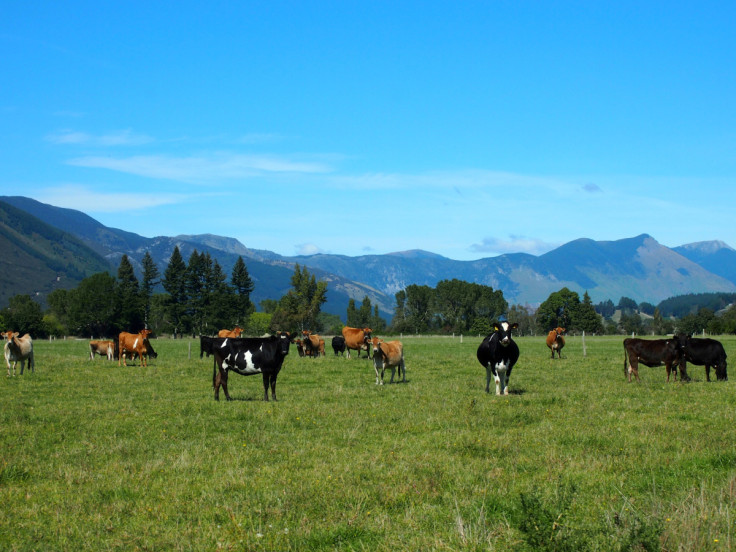
New Zealand, known for offering "freedom camping", has changed its camping laws and anyone caught in breach will face a hefty fine.
Travelling by caravans and motorhomes has been a budget-friendly way of exploring New Zealand's North and South islands. But that has come at a price for the host country as thousands of tourists pulling up to natural spots and ruining them has become a cause for concern in recent times.
Thanks to social media, the popularity of freedom camping has shot up, increasing the number of campers in the country. From tens of thousands in the early 2000s, the freedom campers went to just over 250,000 in 2019 in the Oceania country, according to New Zealand's Ministry of Business, Innovation and Employment.
"They pull over to the side of the road and they s**t in our waterways, That's not who we are as a nation, it's not part of our global brand and I don't think it's the sort of tourist that New Zealanders want to see in our country," Back in 2020, then minister Stuart Nash said of vanners.
In a bid to combat such behaviour, New Zealand has introduced a new law. As of December 7, 2023, only vehicles with fixed toilets have been certified as self-contained and those vehicles shall be parked up only in one of New Zealand's 500 "freedom camping" spots, according to the New Zealand Motor Caravan Association (NZMCA).
The new laws have made portable toilets ineligible for camping in New Zealand. At the same time, the need for higher standards for water and ventilation systems in campervans and vans is also now compulsory. Vehicles that pass the test will be issued a green warrant or sticker of self-containment, as per the release from New Zealand's Ministry of Business, Innovation and Employment.
Travellers caught at the designated spots without the right sticker will be found guilty of violating freedom camping regulations and face fines of up to £1,159 (NZ$2400).
Until recently, it was fairly easy to have a vehicle certified as self-contained with the bare minimum: a portable toilet, a large bucket of fresh water and a sealed container for greywater. Certified vehicles were issued a blue warrant or permit and a sticker to display.
However, this won't be the case anymore. But, the new rules are expected to be phased in over the next 16 months. A person is travelling through New Zealand in a campervan before June this year is unlikely to be affected.







